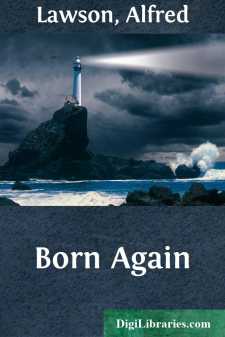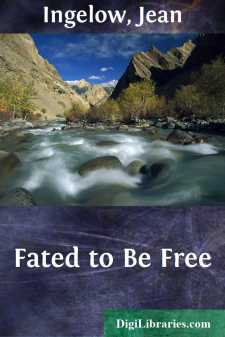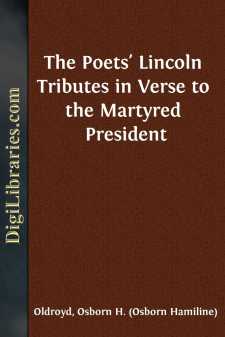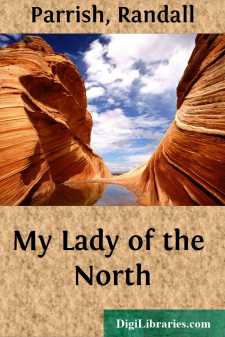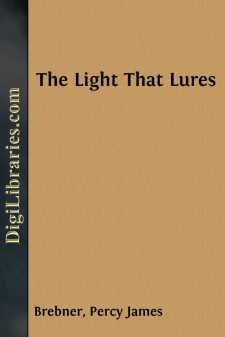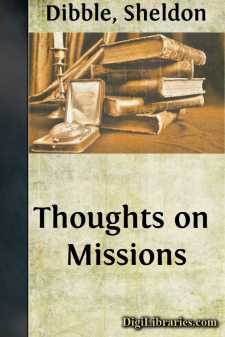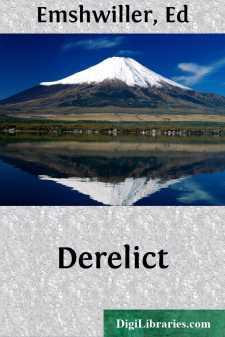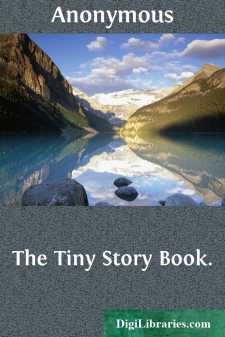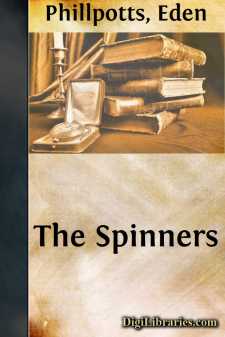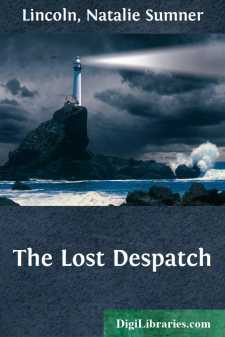Categories
- Antiques & Collectibles 13
- Architecture 36
- Art 48
- Bibles 22
- Biography & Autobiography 813
- Body, Mind & Spirit 142
- Business & Economics 28
- Children's Books 17
- Children's Fiction 14
- Computers 4
- Cooking 94
- Crafts & Hobbies 4
- Drama 346
- Education 46
- Family & Relationships 57
- Fiction 11829
- Games 19
- Gardening 17
- Health & Fitness 34
- History 1377
- House & Home 1
- Humor 147
- Juvenile Fiction 1873
- Juvenile Nonfiction 202
- Language Arts & Disciplines 88
- Law 16
- Literary Collections 686
- Literary Criticism 179
- Mathematics 13
- Medical 41
- Music 40
- Nature 179
- Non-Classifiable 1768
- Performing Arts 7
- Periodicals 1453
- Philosophy 64
- Photography 2
- Poetry 896
- Political Science 203
- Psychology 42
- Reference 154
- Religion 513
- Science 126
- Self-Help 84
- Social Science 81
- Sports & Recreation 34
- Study Aids 3
- Technology & Engineering 59
- Transportation 23
- Travel 463
- True Crime 29
Sort by:
by:
Alfred Lawson
CHAPTER I Judging from my own experience it is my opinion that many strange and wonderful events have happened during the past in which man took part, that have never been recorded. Many reasons could be given for this, but the main causes perhaps, are that the participants have lacked the intelligence, education or literary ability to properly describe them. In these respects I must admit my own...
more...
by:
Jean Ingelow
CHAPTER I. A WATCHER OF LILIES. "Unto whom all hearts be open, all desires known, and from whom no secrets are hid."—Collect, English Communion Service. In one of the south-western counties of England, some years ago, and in a deep, well-wooded valley where men made perry and cider, wandered little and read less, there was a hamlet with neither farm nor cottage in it, that had not stood two...
more...
Some years ago, while editing Henry C. Whitney's "Life of Lincoln" I showed a photograph of the bust of Lincoln by Johannes Gelert, the most intellectual to my mind of all the studies of his face, to a little Italian shoeblack, and asked him if he knew who it was. The boy, evidently prompted by a recent lesson at school, said questioningly, "Whittier?—Longfellow?" I replied,...
more...
by:
Randall Parrish
CHAPTER I A DESPATCH FOR LONGSTREET It was a bare, plain interior,—the low table at which he sat an unplaned board, his seat a box, made softer by a folded blanket. His only companions were two aides, standing silent beside the closed entrance, anxious to anticipate his slightest need. He will abide in my memory forever as I saw him then,—although we were destined to meet often afterwards,—that...
more...
CHAPTER I THE MAN BY THE ROADSIDE A solemn twilight, heavy and oppressive, was closing a dull, slumberous day. It was late in the year for such weather. Not a breath stirred in the trees by the roadside, not a movement in hedge or ditch; some plague might have swept across the land, leaving it stricken and desolate, even the cottages here and there showed no lights and appeared to be deserted. The road...
more...
by:
Sheldon Dibble
INTRODUCTORY LETTER. To my Classmates in Theology. Dear Brethren in Christ:—Few periods of our lives can be called to mind with so much ease and distinctness, as the years which we spent together in theological studies. The events of that short season, and the sentiments we then indulged, are clothed with a freshness and interest which the lapse of time cannot efface. Among the questions that...
more...
by:
Ed Emshwiller
John Sabo, second in command, sat bolt upright in his bunk, blinking wide-eyed at the darkness. The alarm was screaming through the Satellite Station, its harsh, nerve-jarring clang echoing and re-echoing down the metal corridors, penetrating every nook and crevice and cubicle of the lonely outpost, screaming incredibly through the dark sleeping period. Sabo shook the sleep from his eyes, and then a...
more...
by:
Anonymous
LITTLE ALLIE. I have been to see my little cousin Alice. She is just three years old, and I love her dearly. She has many things to play with. She has a ball, a rattle, and a horse; and she had a nice wax doll given her last Christmas, but as she got the paint off its face by kissing, it is laid by till she is bigger. We played she was my baby, and I dressed her up and took her to walk; after that we...
more...
by:
Eden Phillpotts
CHAPTER I THE FUNERAL The people were coming to church and one had thought it Sunday, but for two circumstances. The ring of bells at St. Mary's did not peal, and the women were dressed in black as the men. Through the winding lanes of Bridetown a throng converged, drawn to the grey tower by a tolling bell; and while the sun shone and a riot of many flowers made hedgerows and cottage gardens gay;...
more...
THE PIGEON'S FLIGHT It was bitterly cold that December night, 1864, and the wind sighed dismally through the Maryland woods. The moon, temporarily obscured by heavy clouds, gave some light now and then, which but served to make the succeeding darkness more intense. Suddenly the silence was broken by the clatter of galloping hoofs, and two riders, leaving the highway, rode into the woods on their...
more...


